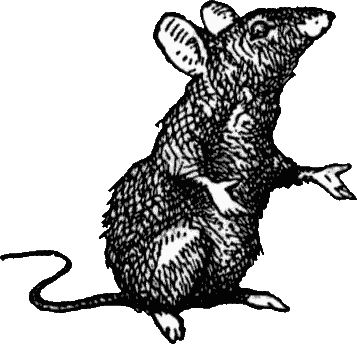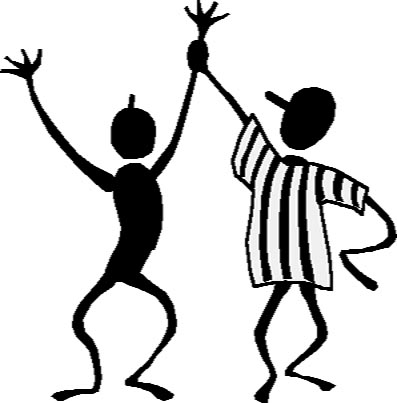Learning
Learning: A long lasting change in behavior due to experience.

Classical Conditioning: is passive learning, when its automatic the learner doesn't have to think about its actions.
Unconditioned stimulus: is something that causes an automatic natural reaction.
Unconditioned Response: A natural, usually unvarying response evoked by a stimulus in the absence of learning or conditioning.
Neutral Stimulus: is one that elicits no response.
Acquisition: refers to the first stages of learning when a response is established.
Extinction: refers to the gradual weakening of a conditioned response that results in the behavior decreasing or disappearing.
In John Watson's baby Albert experiment, he shows that emotional reactions can be classically conditioned to people.



Operant Conditioning: is a type of learning in which an individual's behavior is modified by its antecedents and consequences.
The Law of Effect: Edward Thorndike placed cats in puzzle boxes, the cats learned to pull the lever to come out of the box to a reward of fish. Any behavior that is followed by pleasant consequences is likely to be repeated, and any behavior followed by unpleasant consequences is likely to be stopped.
BF Skinner: Believed the best way to understand behavior is to look at the causes of an action and its consequences. (Operant Conditioning)

Reinforcer: anything that increases a behavior. There's positive reinforcement, which is the addition of something good, and Negative reinforcement, the removal of something unpleasant.



Shaping: the process of reinforcing a specific behavior that a person is trying to install within their subject.

Chaining Behaviors: Subjects are taught a number of responses in succession to get a reward.

Primary Reinforcers: things which are in themselves rewarding.
Secondary Reinforcers: things we have learned to value (money is a generalized reinforcer)

Token Economy: is a system of behavior modification based on the systematic reinforcement of target behavior.
Premack Principle: Taking into consideration the reinforcers used, the reinforcer wanted.
Reinforcement Schedule: How often you use the reinforcer.
Fixed Ratio: reinforcement after a set number of responses.
Variable Ratio: Reinforcement after a RANDOM number of responses.

Observational Learning: Albert Bandura, we learn through modeling behavior from others.

Latent learning: 3 rat experiment, Edward Toleman, Latent means hidden.
I feel that I have been an example of classical conditioning being that when I was younger I was always instructed (and/or hinted at ) to have my bath taken before my parents got home from work. Why at the time I was not sure ,but I see that I still follow those instructions now that I am older without even being told for the purpose of not using all the hot water when they do come home :)
ReplyDeleteI feel as though these are the same pictures as the powerpoint Mrs. McCartney gave us in class, not that I'm complaining. But I really feel bad about that scared infant.
ReplyDelete